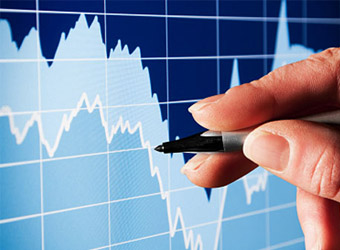Egyptian consumer prices showed some signs of stability in March, suggesting that the rise in inflation triggered by the central bank’s decision to abandon currency controls five months ago could be easing.
Annual inflation in urban areas accelerated to 30.9 percent compared with 30.2 percent in February, according to data released by the state-run statistics agency, CAPMAS on Monday. That is the slowest gain in the annual rate since November, when authorities also raised energy prices to secure a $12 billion loan from the International Monetary Fund.
On a monthly basis, prices rose 2 percent compared with 2.6 percent in February.
“The initial price shock seems to be tapering off,” said Reham El Desoki, senior economist at Dubai-based Arqaam Capital. “Sharp changes in prices in the future will be linked to further reform measures, the usual fluctuation in the exchange rate or seasons when consumer demand increases.”
The increase in prices has raised concerns about stability in the most populous Arab country, which is also struggling with a wave of Islamist militant attacks undermining efforts to attract investments and revive tourism. President Abdel Fattah al-Sisi declared a three-month state of emergency on Sunday after more than 40 people were killed in attacks on two churches.
The government is widely expected to cut fuel and electricity subsidies in the next fiscal year starting July 1 as it plans to reduce the budget deficit to 9.1 percent of gross domestic product from about 10.5 percent in the current year.
Source: Bloomberg


